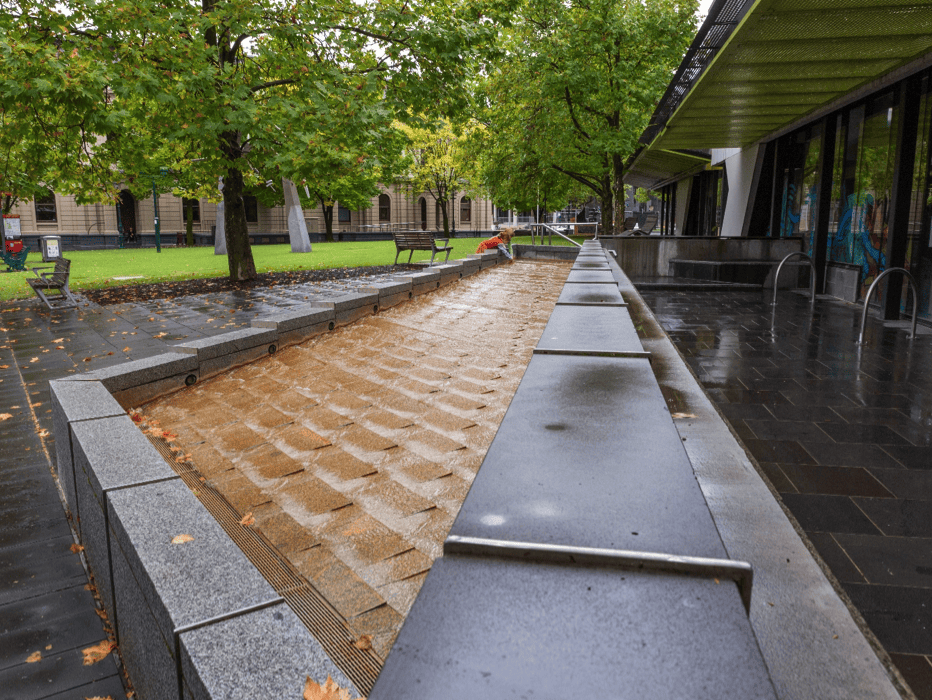This training package is comprised of four videos. Topics include:
- Understanding Domestic and Family Violence and local prevalence
- How you can help a child who has experienced trauma
- Introduction to MARAM, including responsibilities under MARAM
- Tool to help you navigate a disclosure and respond appropriately and confidently
- Local, Bendigo based referral pathways as well as Victorian or National services.
- Intervention Orders
- Understanding primary prevention of violence in early years settings, impact of gender stereotypes and tools and tips for creating change
The videos are accompanied by a Participants Handbook which contains all the resources discussed in the videos.
Ideally learners would work through the videos sequentially, but this is optional.
You can watch the videos multiple times and/or rewatch the videos after completing the training at any time. This may be particularly useful if issues arise in the workplace and a refresher is needed.
This training package can be completed individually or in small groups.


